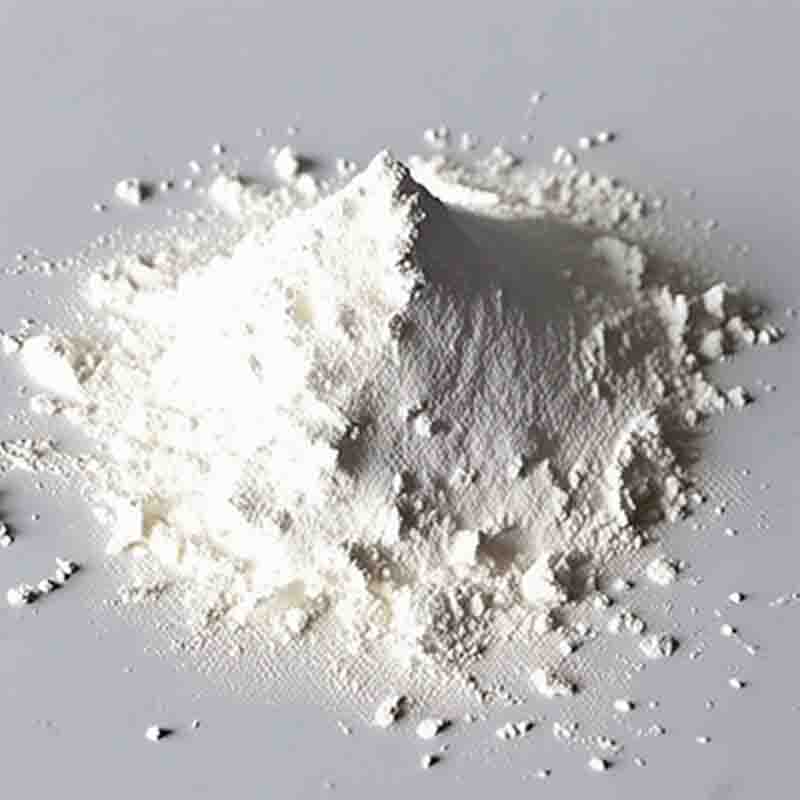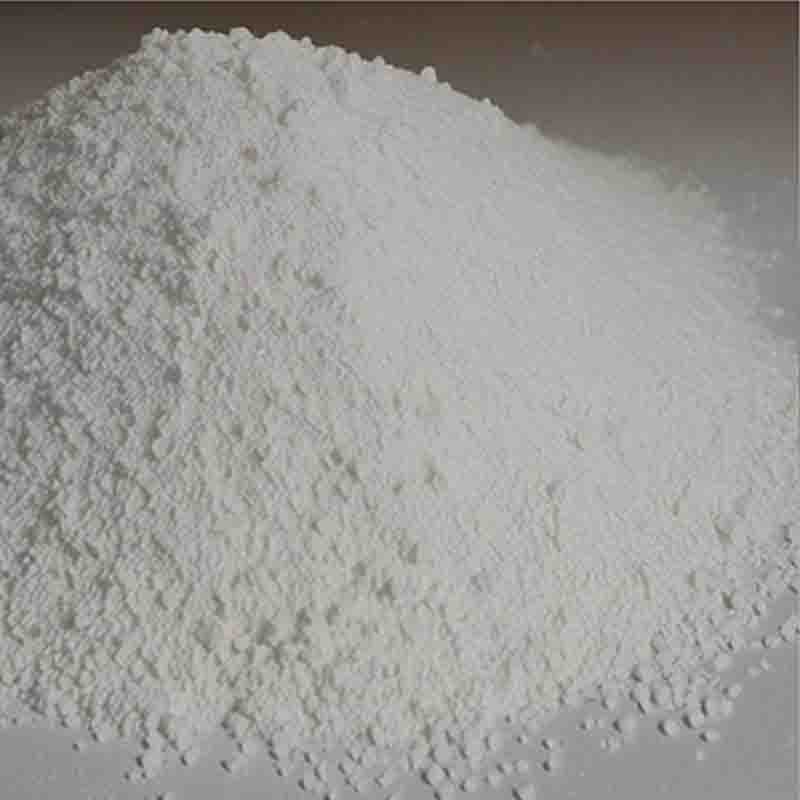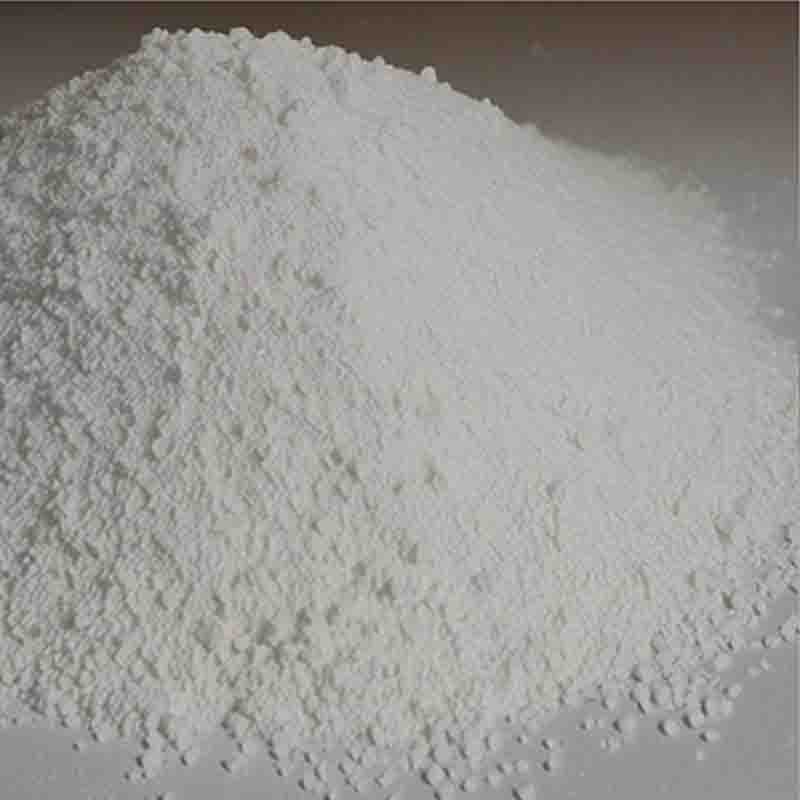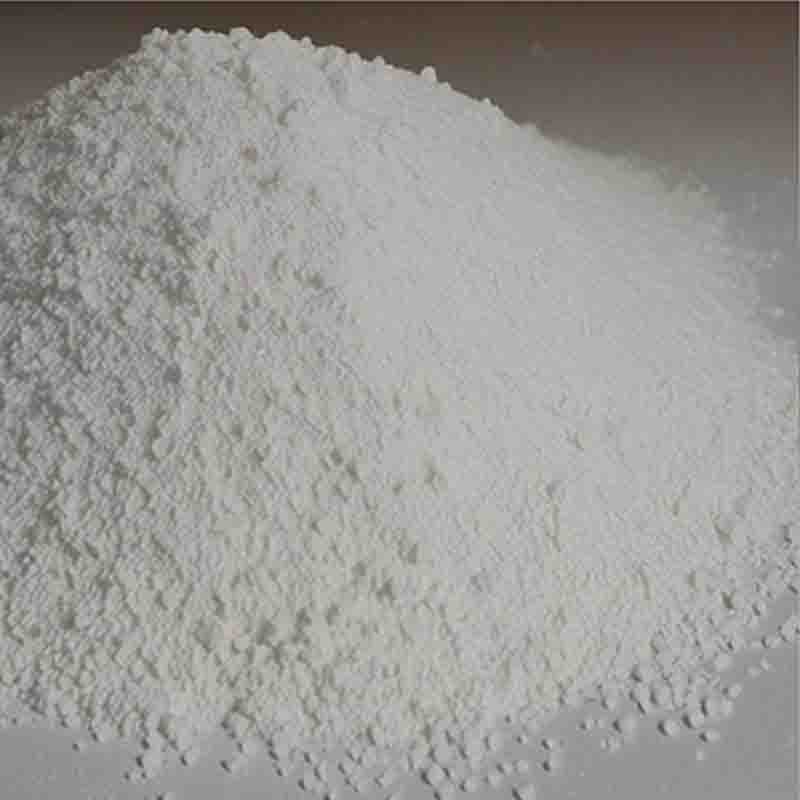N-Boc-trans-4-hydroxy-L-proline CAS: 13726-69-7
| Catalog Number | XD94130 |
| Product Name | N-Boc-trans-4-hydroxy-L-proline |
| CAS | 13726-69-7 |
| Molecular Formula | C10H17NO5 |
| Molecular Weight | 231.25 |
| Storage Details | Ambient |
Product Specification
| Appearance | White powder |
| Assay | 99% min |
N-Boc-trans-4-hydroxy-L-proline, also known as Boc-THP or (2S,4S)-4-hydroxypyrrolidine-2-carboxylic acid tert-butyl ester, is a chemical compound that finds widespread applications in organic synthesis and pharmaceutical research.One of the primary uses of N-Boc-trans-4-hydroxy-L-proline is its role as a chiral building block in organic synthesis. The compound possesses a chiral center, which imparts stereoselectivity to reactions involving it. This property makes it valuable for the synthesis of various biologically active molecules and pharmaceutical agents. N-Boc-trans-4-hydroxy-L-proline serves as a versatile intermediate for the construction of peptide-based drugs, heterocyclic compounds, and natural product analogues.N-Boc-trans-4-hydroxy-L-proline is commonly employed in the synthesis of peptide-based drug candidates. It serves as a key component for the development of peptide therapeutics targeting various diseases, including cancer, diabetes, and infectious diseases. The compound's presence in peptide sequences can enhance stability, improve protease resistance, and modulate drug delivery properties, ultimately leading to improved efficacy and bioavailability.Additionally, N-Boc-trans-4-hydroxy-L-proline is extensively utilized in the synthesis of heterocyclic compounds. It serves as a precursor for the construction of fused ring systems, such as pyrrolidine and pyrrolidinone derivatives. These compounds have diverse pharmacological activities, including antiviral, antibacterial, and anti-inflammatory properties. The ability to incorporate N-Boc-trans-4-hydroxy-L-proline into these heterocyclic frameworks allows for the development of new drug candidates with improved potency and selectivity.Furthermore, N-Boc-trans-4-hydroxy-L-proline finds application in the synthesis of natural product analogues. Natural products often exhibit significant biological activities, and their structural modification can lead to the development of novel drugs. N-Boc-trans-4-hydroxy-L-proline provides a strategic building block for the synthesis of structurally related analogues, allowing for the exploration of structure-activity relationships and the development of potential drug candidates.Overall, N-Boc-trans-4-hydroxy-L-proline plays a crucial role in organic synthesis and pharmaceutical research. Its chiral nature and unique functional groups make it an essential compound for the construction of diverse molecules, particularly peptide-based drugs, heterocyclic compounds, and natural product analogues. Through its use in various synthetic strategies, N-Boc-trans-4-hydroxy-L-proline contributes to the development of innovative therapeutics with enhanced pharmaceutical properties and potential treatments for various diseases. Ongoing research and exploration of its applications will likely lead to further advancements in drug discovery and development.




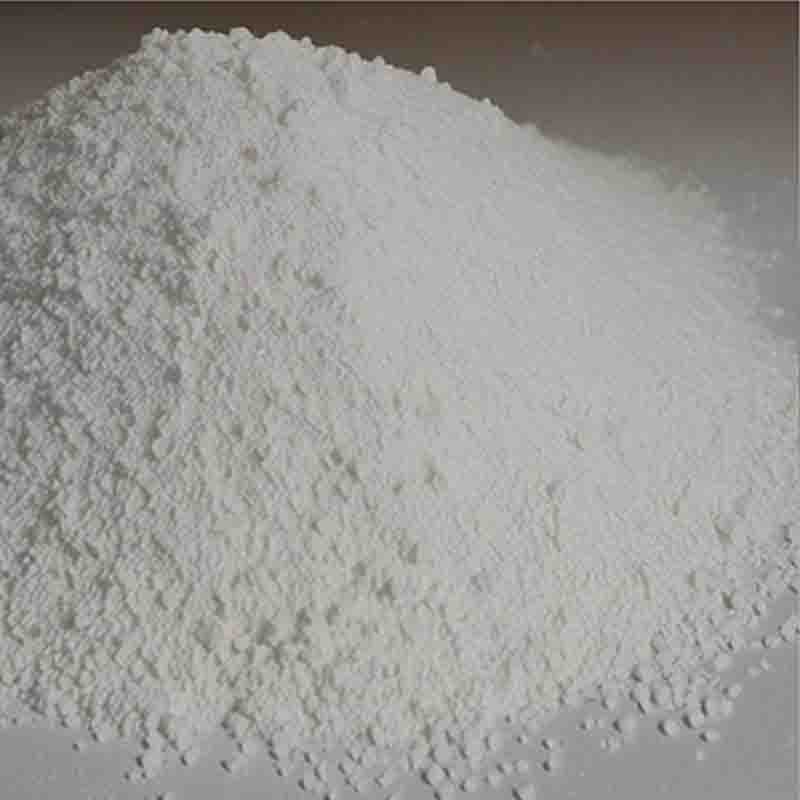
![2-((3aR,4S,6R,6aS)-6-Amino-2,2-dimethyltetrahydro-3aH-cyclopenta[d][1,3]dioxol-4-yloxy)ethanoloxalate CAS:1402150-30-4](https://cdn.globalso.com/xdbiochems/白色粉末11163.jpg)
